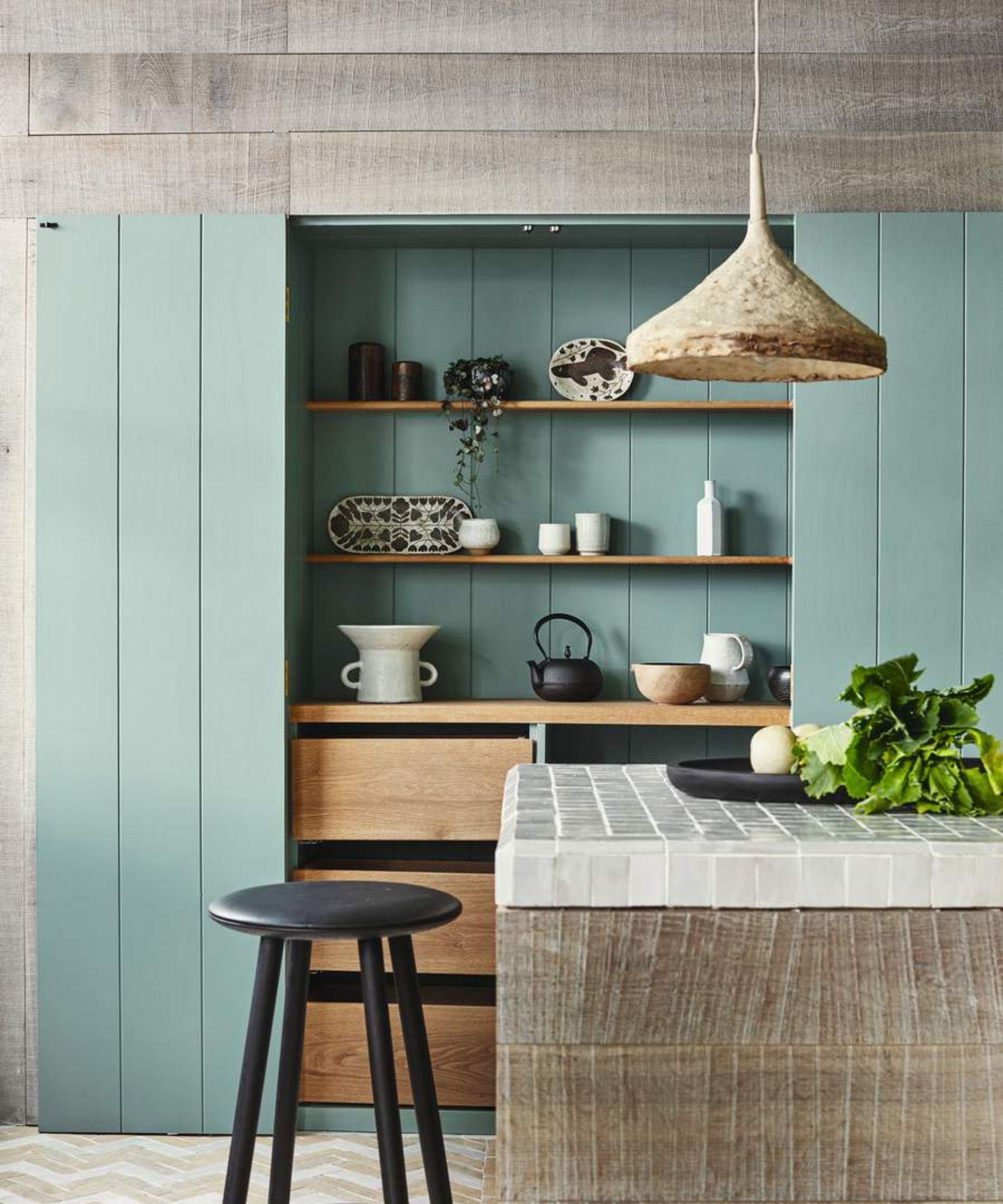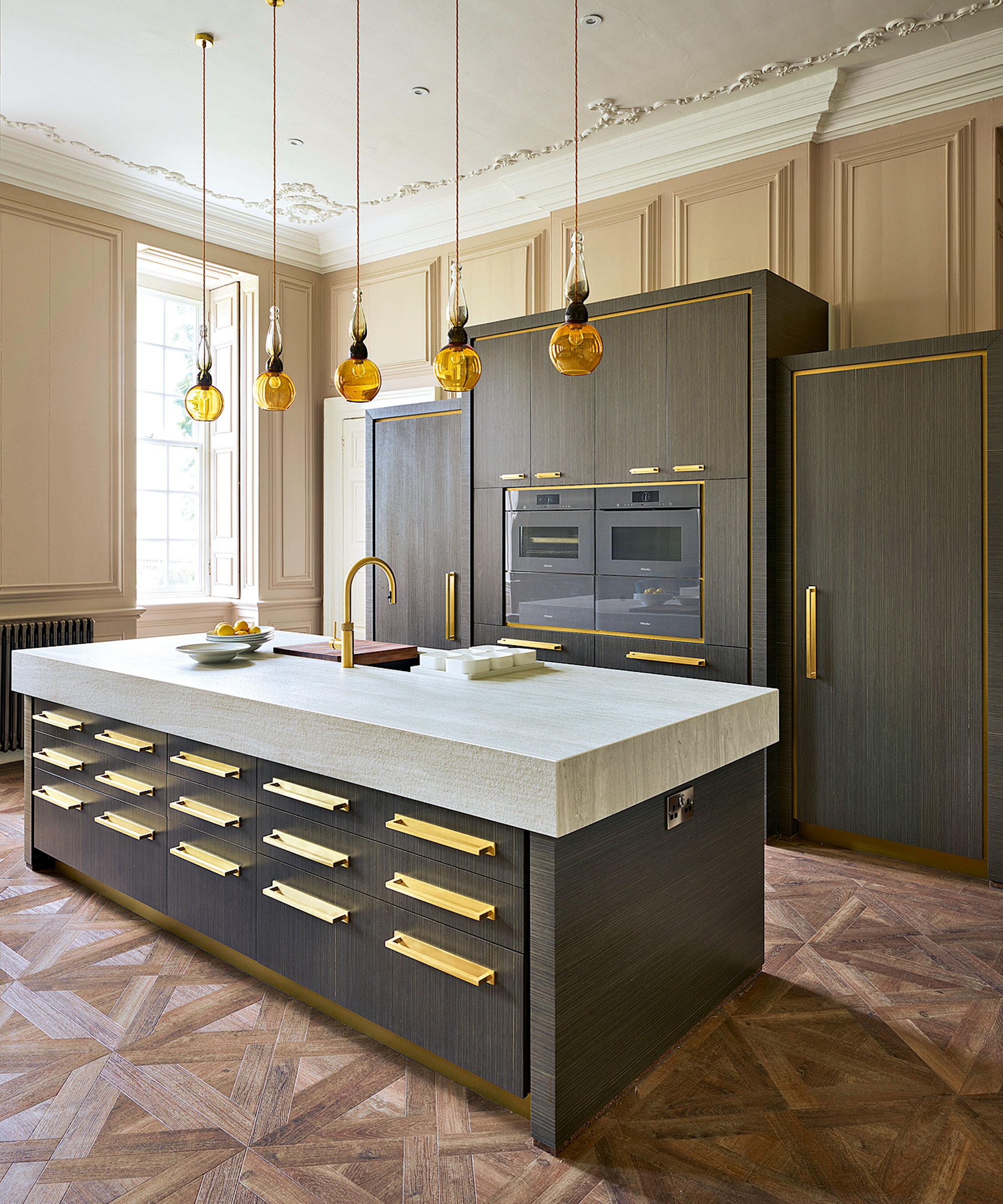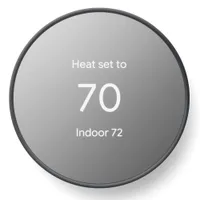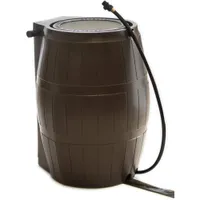Experts swear by these 6 sustainable home renovation tips
Looking for inspiration for an upcoming renovation or to make your home greener? You've come to the right place to plan a more eco-friendly home


Design expertise in your inbox – from inspiring decorating ideas and beautiful celebrity homes to practical gardening advice and shopping round-ups.
You are now subscribed
Your newsletter sign-up was successful
Want to add more newsletters?

Twice a week
Homes&Gardens
The ultimate interior design resource from the world's leading experts - discover inspiring decorating ideas, color scheming know-how, garden inspiration and shopping expertise.

Once a week
In The Loop from Next In Design
Members of the Next in Design Circle will receive In the Loop, our weekly email filled with trade news, names to know and spotlight moments. Together we’re building a brighter design future.

Twice a week
Cucina
Whether you’re passionate about hosting exquisite dinners, experimenting with culinary trends, or perfecting your kitchen's design with timeless elegance and innovative functionality, this newsletter is here to inspire
Renovations present a unique opportunity to make your home greener, creating environments that combine aesthetics and practicality with environmental consciousness.
Every decision made during a home renovation can contribute to a more sustainable lifestyle, from choosing eco-friendly gadgets and materials to minimizing waste and reducing energy consumption.
Understanding how to be sustainable at home is one of the most fundamental practicalities to consider before you start renovating. Beyond reducing your environmental footprint, it is a great way to future-proof your home, enhance its curb appeal, and cut energy costs.
Sustainable home renovation tips
'In an era marked by environmental consciousness, the concept of renovating with sustainability at the forefront has gained considerable traction,' says interior designer Nina Lichtenstein. 'As homeowners seek to reduce their carbon footprint and embrace eco-friendly practices, renovating with sustainability in mind has become both a responsible choice and a trendsetting endeavor.
'However, renovating with sustainability in mind is more than a trend; it's a commitment to responsible living and supporting ethical practices.'
1. Planning

The first step towards a sustainable renovation is careful planning. To do this, Nina Lichtenstein says: 'Start by setting clear goals: utilize non-toxic and natural materials, prioritize energy efficiency, or incorporate renewable resources like solar energy. Develop a strategy for waste reduction, including recycling and repurposing materials during the renovation process.
'A detailed assessment of your home's current state will help identify areas that can benefit the most from sustainable improvements.'
Design expertise in your inbox – from inspiring decorating ideas and beautiful celebrity homes to practical gardening advice and shopping round-ups.
Consider the points below when devising your renovation plan.

Nina Lichtenstein is the founder and principal home designer at her eponymous design studio, based in Westchester, NY. Nina believes that home design should capture a family’s unique spirit by how it serves the family's daily needs while nourishing the soul. She has been celebrated for designing, renovating, and building elegant living spaces.
2. Choose sustainable materials

Choosing sustainable materials is another crucial aspect of eco-conscious renovations. Eco decor not only reduces environmental impact but also promotes a healthier indoor environment, enhances long-term durability, conserves resources, and supports ethical practices in production and sourcing.
Shop sustainably by looking for materials that are recycled, reclaimed, or renewable. For example, using reclaimed wood for cabinets, countertops, flooring, or accent pieces will reduce the demand for newly harvested timber.
When decorating, choose eco paints and VOC-free finishes. Opting for products that are plastic and solvent-free minimizes environmental impact and improves indoor air quality by reducing harmful emissions.
3. Consider energy efficient upgrades

Enhancing energy efficiency in your home is a cornerstone of sustainable renovation.
One of the best ways to do this is to choose energy-efficient appliances and install smart home must-haves, such as programmable thermostats or smart lighting. These improvements not only reduce your carbon footprint but also lead to long-term savings by helping you cut energy bills.
EnergyGuide labels will show an appliance's average annual energy consumption and operating cost so that you can compare them to your current model. Additionally, appliances controlled by smart electric meters or home energy management systems can adjust their operations according to your usage patterns or energy demand to reduce unnecessary energy consumption.
'Smart appliances don't just turn off during times of peak electricity demand – instead, they use subtle ways to shift energy use,' explain experts at The U.S. Department of Energy. 'Your water heater may adjust its heating cycle to operate when energy costs are lower, without impacting their performance, or your laundry or dishwasher can be scheduled to operate when electricity rates and demand are lower.' A smart thermostat can adjust schedules according to your temperature preferences and routines, reducing energy consumption by adjusting temperatures according to your schedule.
Google Nest Thermostat | Was $129.99, now $113.99
This programmable smart thermostat comes in four colors and should be used with an Alexa for voice control. It aims to balance warmth with energy conservation with features that allow you to set temperature schedules that adjust based on the time of day, or room you are in.
4. Reduce your reliance on electricity

You can also improve energy efficiency in your home by evaluating its energy sources and finding methods to reduce your reliance on electricity. For example, Nina Lichtenstein says: 'Increasing natural light and ventilation not only reduces the need for artificial lighting and air conditioning but also enhances indoor comfort. During a renovation, prioritize strategies like installing larger windows and and skylights.'
'Insulating your home is also crucial for energy efficiency,' says Himadri Shakya, home renovation expert at Architecture. 'Many older homes lack proper insulation, so a renovation is the perfect opportunity to address this issue. Speak to your builder about the best insulation options for your home and consider using recycled or natural insulation materials like cellulose or sheep's wool.' Implement measures such as caulking, insulation, upgrading windows for efficiency, and sealing plumbing. Consider using light-colored reflective roofing materials to reduce heat gain.
Furthermore, consider installing solar panels. With long-term savings and minimal maintenance costs, solar energy offers a reliable and sustainable way to generate electricity for your household, helping you to depend less on non-renewable energy.
5. Incorporate water-saving fixtures

Another way to make your home more sustainable is by incorporating water-saving fixtures and technologies that can significantly reduce water consumption.
'Install low-flow faucets, showerheads, and toilets, and incorporate water-saving appliances like dishwashers or washing machines to minimize water waste without compromising performance,' suggest Nina Lichtenstein.
'Additionally, rainwater harvesting systems can also be integrated into landscaping to reduce reliance on municipal water.' Collecting rainwater is an excellent way to reduce your water consumption for various purposes, such as watering your indoor herb garden, and cleaning fruits, vegetables, and dishes. Filtered water can even be used for cooking after boiling.
FCMP Outdoor RC4000-BRN 50-Gallon | $127.27 at Amazon
This rain collection barrel has a screen filter on the top to prevent debris from entering the barrel, reducing the need for cleaning.
6. Reduce waste

Sustainable living isn't just about energy savings; it's also about reducing waste.
'Meticulously plan projects to minimize off-cuts and unused materials,' advises Kristin Hintlian, co-owner of Bonsai Builders. 'When demolition is necessary, prioritize deconstruction over destruction to allow materials to be repurposed or recycled. This methodology has a dual benefit: reducing landfill waste and conserving resources by giving materials a second life.'
You can also minimize renovation waste by salvaging and repurposing materials wherever possible – some reclaimed materials look better than new. Consult with architects, contractors, and designers experienced in sustainable renovations. They can offer innovative solutions tailored to your home's unique needs while ensuring adherence to green building standards and codes.'
Donate usable fixtures, cabinets, and appliances to charitable organizations if possible.
Before you begin your renovation project, it's important to assess your current energy usage and identify areas for improvement. This could include upgrading to energy-efficient appliances or improving insulation in your home.

Lola Houlton is a news writer for Homes & Gardens. She has been writing content for Future PLC for the past six years, in particular Homes & Gardens, Real Homes and GardeningEtc. She writes on a broad range of subjects, including practical household advice, recipe articles, and product reviews, working closely with experts in their fields to cover everything from heating to home organization through to house plants. Lola is a graduate, who completed her degree in Psychology at the University of Sussex. She has also spent some time working at the BBC.

